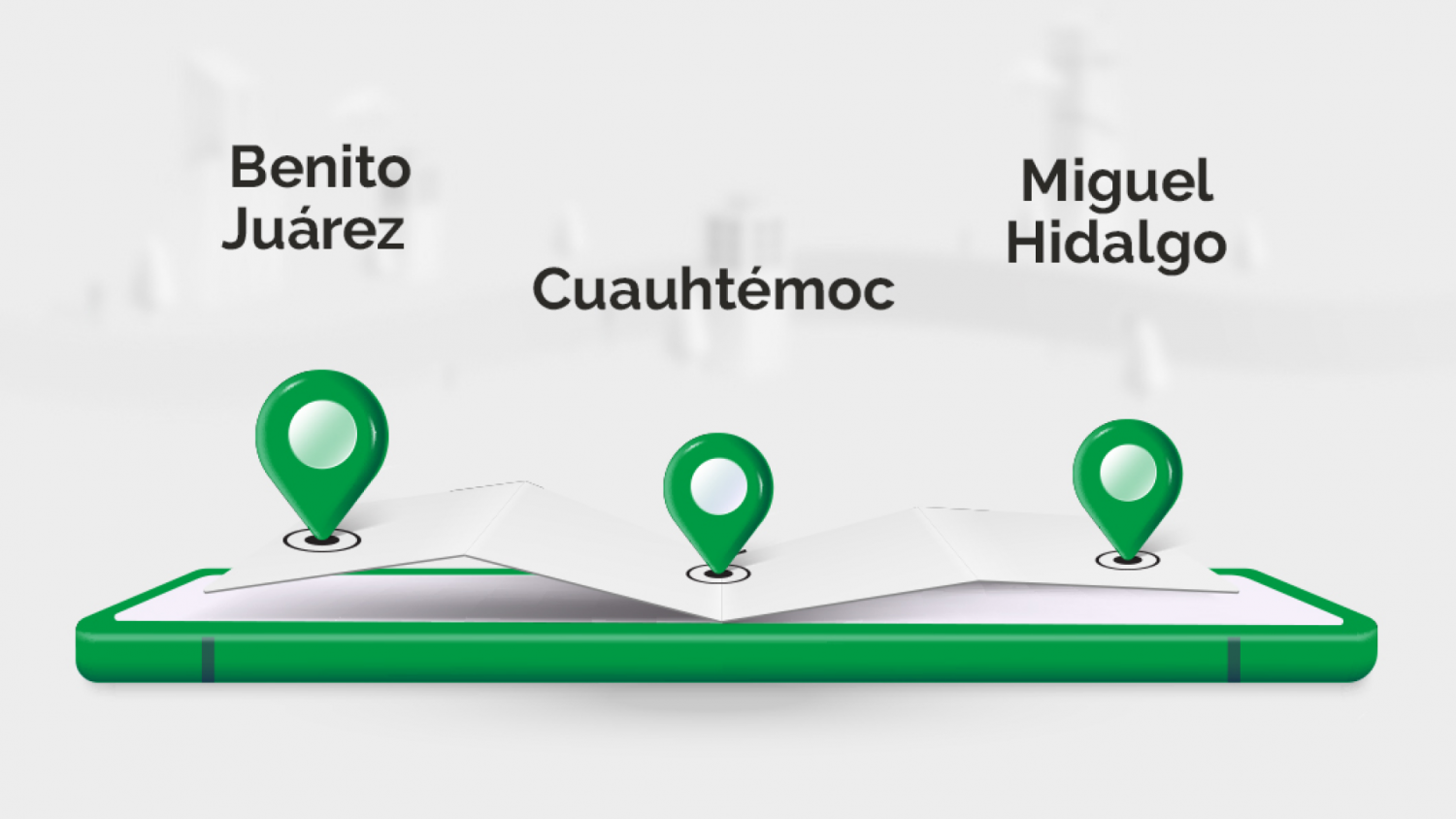The service will expand from 6,500 bikes to 9,300, as well as from 480 stations to 687.
Over the next few months, the first phase of the renovation and expansion process of the Ecobici system will begin, operated by the consortium made up of the companies 5M2, S.A. of C.V. and BKT Bicipública, S.A. of C.V.
With this, the Ministry of Mobility seeks to go from 6,500 bicycles to 9,300, as well as from 480 stations to 687 to reach three new mayors: Álvaro Obregón, Azcapotzalco and Coyoacán, in addition to new neighborhoods in Cuauhtémoc, Miguel Hidalgo and Benito Juárez.
It will also start the process of renewing current bicycles and the implementation of 207 new cycle stations that will be installed in different parts of the city that allow connecting with more transport services.
Every week, an average of 25 cycle stations will be turned off, starting with the neighborhoods and modules that are least used by users so as not to cause damage.
It is expected that by August 1, at least 50 new Ecobici stations will be installed in 18 Benito Juárez neighborhoods. While for August and September, it is estimated that another 33 stations will be turned on in neighborhoods of Benito Juárez, Cuauhtémoc and Miguel Hidalgo. The cycle stations in the three new demarcations will come into operation gradually and progressively. Further information will be given on the next steps for the process of expansion and definition of the new service points.

Features of the new bikes:
- Bicycle with a new low frame design and suitable for all people.
- New speed change system on the handlebar imperceptible when pedaling.
- 26″ wheels, allow a more comfortable displacement.
- Bell integrated into the left handlebar grip.
- Seat post with size marking.
- Wider rack.
New cycle stations:
- The anchoring system is individual and does not require additional effort when releasing or returning a bicycle.
- Each anchorage has a card reader, so the totem is not necessary to release bicycles.
- Bike release with Integrated Mobility Card or with the app by reading a QR code.
- Report of faulty bicycles, directly at the cycle station.
- Temporary registration in app and cycle station.
The annual operating cost of Ecobici is 200 million pesos and with the new model it will cost about 91.7, that is, an expense of 544.5 million pesos was scheduled for the period December 2021 to November 2027. Thus, the city will achieve a savings of 54% in the operation.
The 5M2-BKT consortium currently operates the Guadalajara Public Bicycle System and has state-of-the-art bicycle technology and stations located in cities such as New York, Chicago, San Francisco, Columbus, Denver, Washington, Los Angeles, Minneapolis and Portland.
With this renewal, the Government of Mexico City consolidates Ecobici as one of the largest and most important public bicycle systems in the world.

